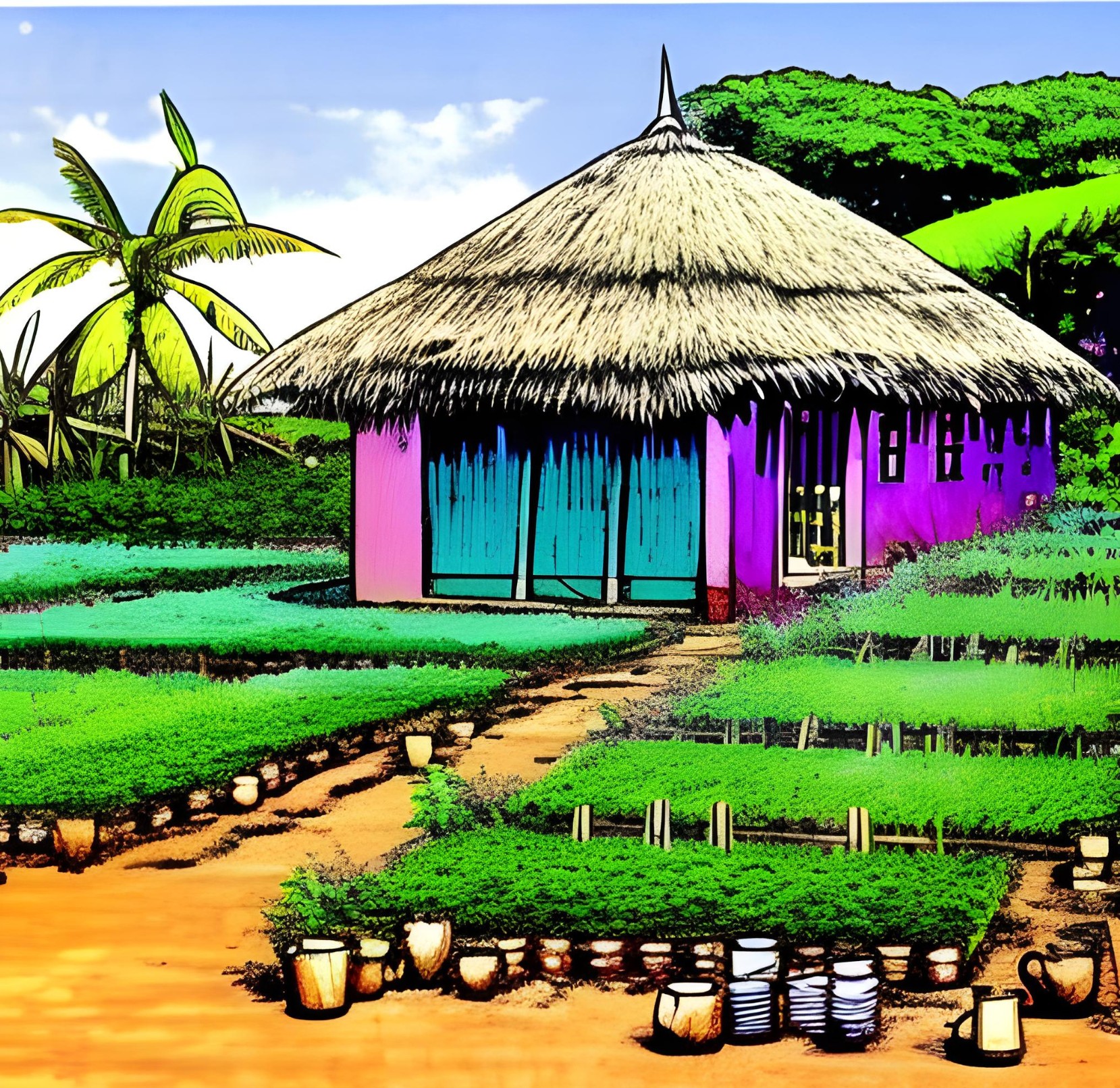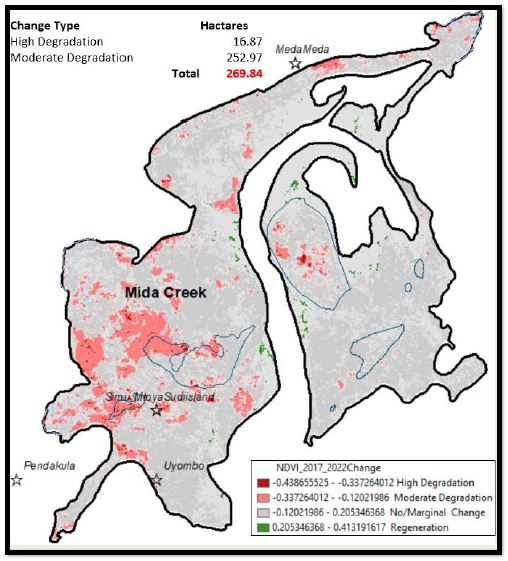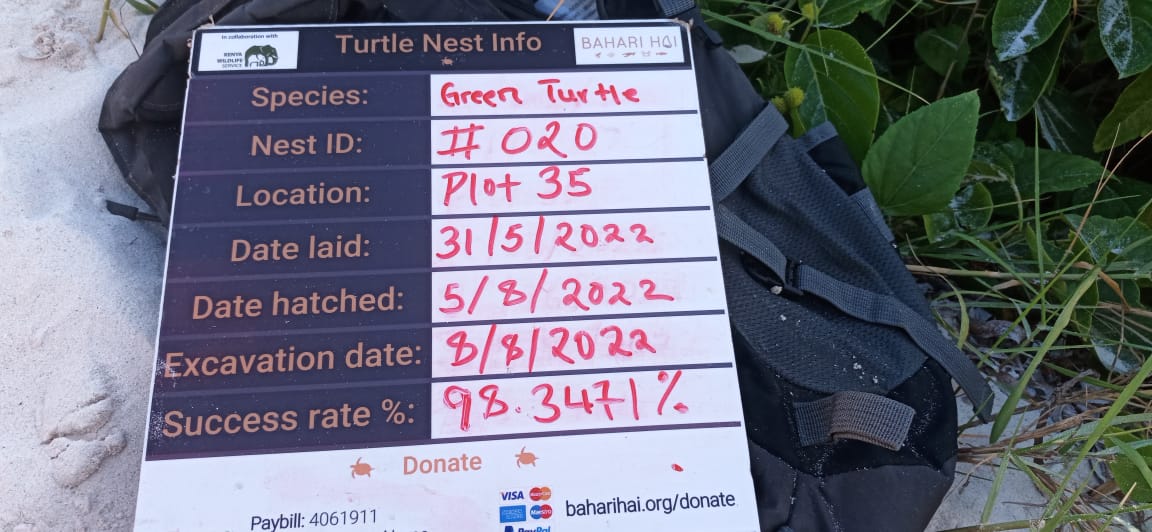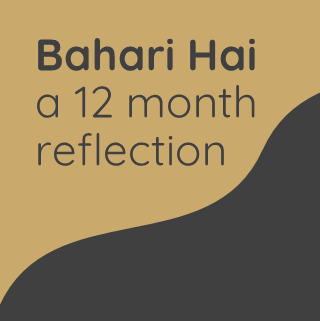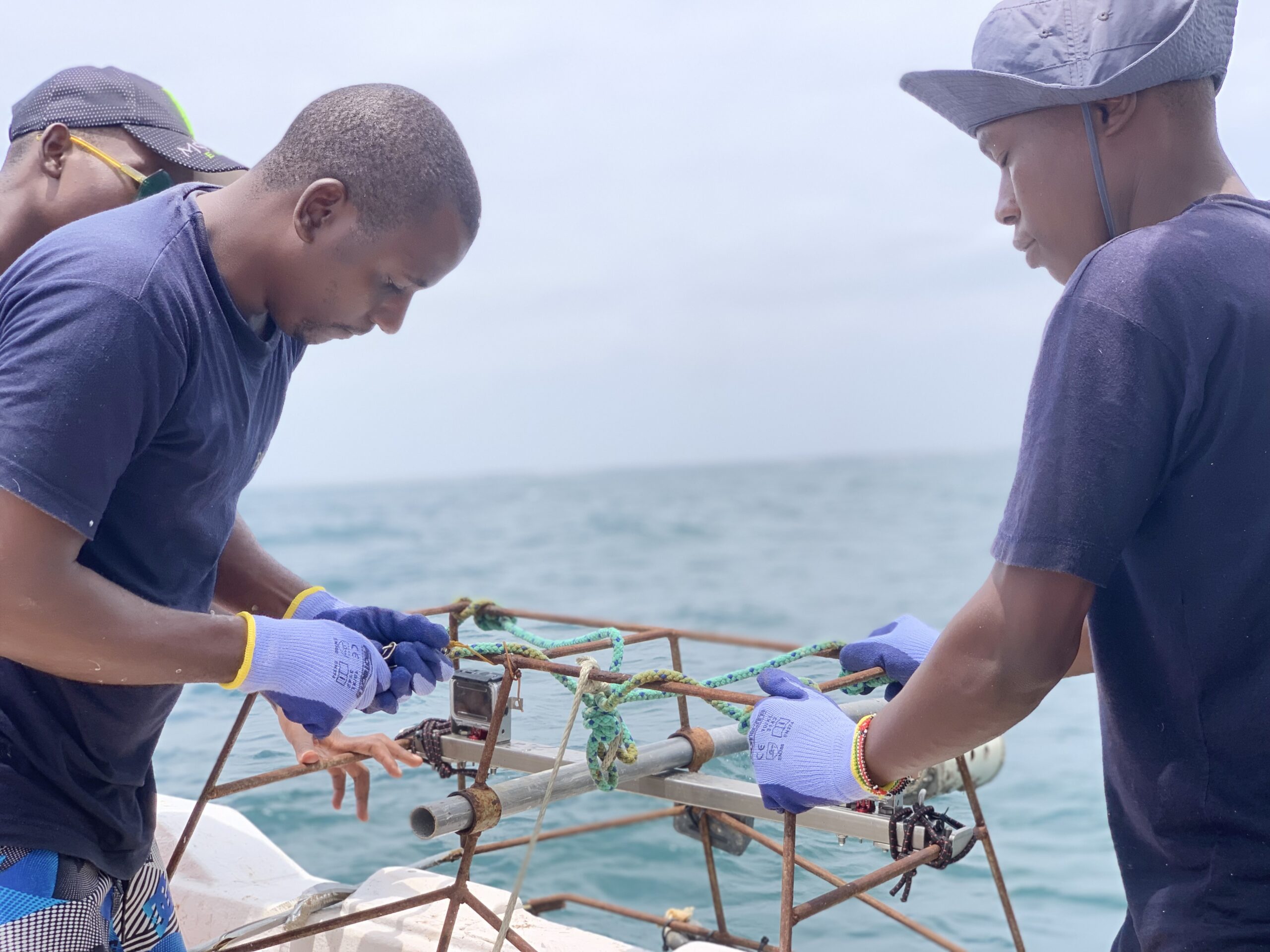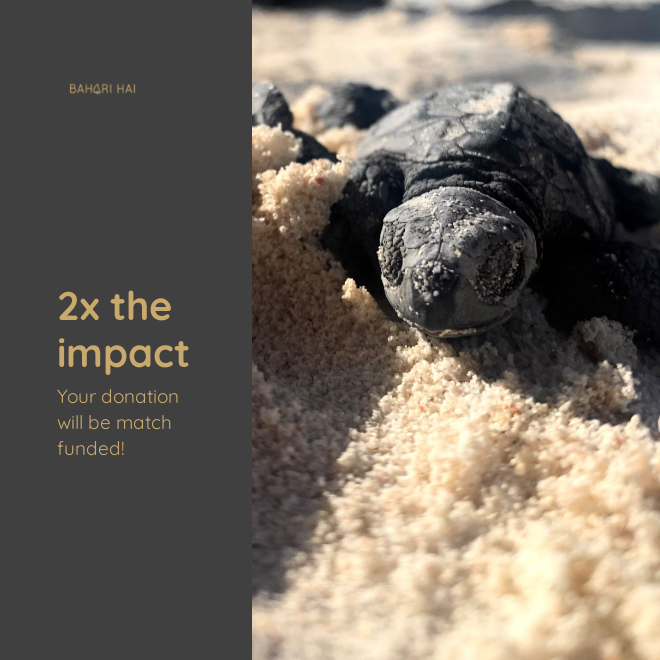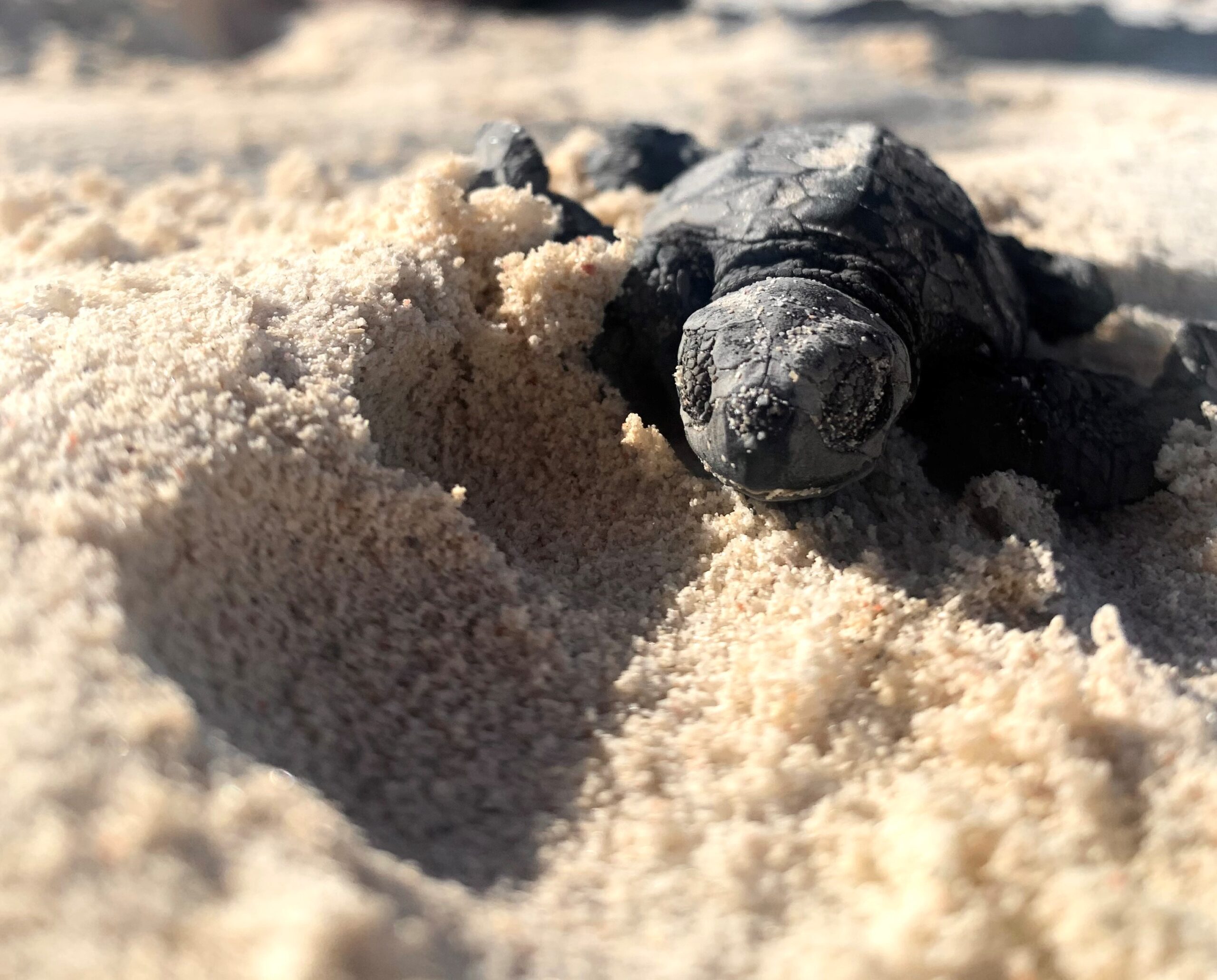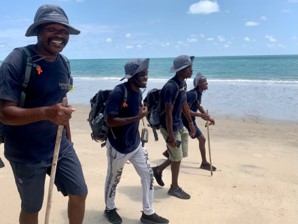-
Community Development & Outreach / Training & Capacity Development / Uncategorized 17/01/2024
READ MOREConsultancy: Project Cycle Management Location: Bahari Hai, Watamu, Kilifi County, Kenya Start date: 1 Feb (or as soon as possible from 1 Feb onwards) Contract duration: 3-4 months* (dependent on performance review at the end of month 2) *Applicant will propose how much […]
-
Community Development & Outreach / Training & Capacity Development / Uncategorized 11/07/2023
READ MOREJob opportunity: Alternate Livelihood Co-ordinator Location: Bahari Hai, Watamu, Kilifi County, Kenya Start date: 1 Sep 2023 *exception can be made on a case-by-case for an exceptional candidate Contract duration: 1yr, intention of renewal Remuneration: Ksh 45,000 – Ksh 65,000 (depending on skill and experience level) Employer: Bahari Hai Conservation (BH) Reports to: Community Development […]
-
READ MORE
Status of mangrove degradation in Mida Creek mangrove ecosystem In October 2022 we participated in assessing the the status of mangrove ecosystem degradation in Mida Creek, which was led by WWF Kenya and done in collaboration with other stakeholders. We hope this assessment and report will help guide interventions and resources aiming to protect and […]
-
READ MORE
Job opportunity: Bookkeeper / Junior Accountant Location: Bahari Hai, Watamu, Kilifi County Kenya Start date: As soon as possible Contract duration: Permanent, full time Remuneration: Ksh 45,000 – Ksh 65,000 (depending on skill and experience level) Employer: Bahari Hai Conservation (BH) Click here to apply We are looking for a bookkeeper to join our finance […]
-
Nest Monitoring & Protection / Sea Turtle Conservation / Uncategorized 13/08/2022
READ MOREPro-active nest monitoring & protection yields 98% success rate for the green turtle nest! Do you remember the big storms and tides we experienced mid July which caused significant erosion along sections of the riparian zone in the Watamu MPA? The serious erosion prompted our team to take precautionary action and relocate nest number 20 […]
-
READ MORE
We took the opportunity to pause for a moment and reflect on the past 12months, which has been a blessed time for us. Not always easy and it certainly had its challenges, but overall, we are incredibly proud of our work and impact achieved and look forward to a positive future ahead of us. For […]
-
READ MORE
Earlier this year we began our first deployments of the Kenya BRUV project. It is part of a broader project led by Wildlife Conservation Society (WCS), spanning multiple countries in the West Indian Ocean: Kenya, Tanzania, Madagascar, Mozambique. This particular project and sampling series follows from a 2018 Baited Remote Underwater Video (BRUV) project conducted […]
-
READ MORE
Let’s double the impact!To celebrate sea turtle week we have a generous donor who will match your donation! This match-funded campaign is administered by Bahari Hai’s partner, Aga-artenschutz
-
READ MORE
Although published literature regarding the 5 species of marine turtle found along the continental African east coast has grown substantially over the last decades, a comprehensive synthesis of their status and ecology is lacking. Using a mixed methods approach, which com- bined an exhaustive literature review and expert elicitation, we assessed the distribution and magnitude of nesting, foraging areas, connectivity, and anthropogenic threats for these species in Somalia, Kenya, Tanzania, Mozambique, and South Africa. A complex pattern of nesting sites, for- aging areas, and migration pathways emerged that identified areas of high importance in all 5 countries, although significant data gaps remain, especially for Somalia. Illegal take, bycatch, and loss of foraging and nesting habitat were identified as the most serious anthropogenic threats. Although these threats are broadly similar along most of the coast, robust data that enable quan- tification of the impacts are scarce. Experts identified regional strengths and opportunities, as well as impediments to turtle conservation. Topics such as legislation and enforcement, collaboration, local stakeholders, and funding are discussed, and future directions suggested. Given the pro- jected growth in human population along the continental African east coast and expected accom- panying development, anthropogenic pressures on turtle populations are set to increase. Stronger regional collaboration and coordination within conservation and research efforts are needed if current and future challenges are to be tackled effectively.
-
READ MORE
The Ungwana Bay and surrounds region is a key section of Kenya’s coastline that has never received sufficient attention for turtle conservation efforts. One can go as far back as 1974 when researcher Jack Fraser stated the region to be the “most significant turtle nesting area in Kenya, with possibly several hundred turtles a year”. […]

